The Biden administration is expected to roll back new rules governing vehicle emission and mileage standards, a move that should prove particularly helpful for Detroit automakers who are heavily dependent upon large, fuel-hungry models like the Ford F-150 and Chevrolet Suburban. But the changes likely also will benefit some Japanese manufacturers, including Toyota and Honda, that have been reluctant to invest heavily on EV technology.
The Biden administration is expected to bow to pressure and delay new tailpipe emissions rules that would have forced a rapid shift from conventional gas and diesel engines to all-electric vehicles over the coming decade.
The rules announced last April were expected to force automakers to all but abandon products running solely on gasoline or diesel, and even shift away from conventional hybrids. By 2032, EVs were in line to account for as much as 67% of the U.S. new vehicle market.
Slowing sales growth
The decision to revise the rules has already generated criticism from environmentalists, Dan Becker, director of the Safe Climate Transport Campaign at the Center for Biological Diversity, telling the Washington Post last month that a rollback “will mean more pollution, more sick kids, more global warming, more oil use.”
But industry officials claimed the 67% EV sales target wasn’t achievable, especially in light of the slowing growth in EV sales. Between 2019 and 2023, demand surged more than 800%. But that largely “flattened out” during the latter half of last year, according to J.D. Power data analyst Tyson Jominy. EV sales are expected to continue growing, but at a much slower rate. Power and others estimate they will reach about 1.5 million this year, up only about 25% from the 2023 total.
Paul Jacobson, General Motors’ chief financial officer, said the automaker expects EV sales growth to be “choppy” through the rest of this decade as automakers address a variety of challenges, including the high cost of battery-electric vehicles and the lack of a nationwide charging infrastructure.
On Monday, the National Renewable Energy Laboratory estimated that by 2030 there will be 33 million EVs on U.S. roads. To fully support them will require 28 million EV charging ports. About 92% of them, the lab said, will be set up at single-family homes, but that would still require nearly 2.25 million public chargers. The total at the end of 2023 was just over 175,000, according to the U.S. Department of Energy.
Revised rules
An update to the new rules is expected this week, possibly as early as Wednesday.
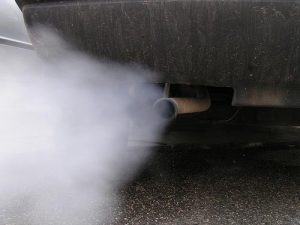
Environmental groups oppose a rollback and warn it could lead to substantial increases in tailpipe emissions.
Exactly what the Biden administration will announce is uncertain. But both the Associated Press and Reuters quoted several knowledgeable sources indicating the mid-term rules will see a slowdown in the rate at which emissions rules were to be tightened up. That would likely require manufacturers to sell fewer EVs between 2027 and 2029, according to the two wire services.
White House press secretary Karine Jean-Pierre told reporters on Tuesday that “it takes time” to achieve major changes like the switch to EVs, “But we’re still going to stay committed to our (climate) goals.”
More EV News
- Biden Admin. Rethinks Emissions Rules
- Biden administration plows $773 mil into EV charging infrastructure
- Public EV Chargers Becoming More Reliable – but Still in Short Supply
Heading off a legal challenge
Automakers generally accepted the tightened emissions standards announced by the White House early in the Biden administration. But manufacturers have grown more wary since then, especially as EV sales growth has slowed.
“There is, according to the AP, “a legitimate threat of legal challenges before conservative courts. The Supreme Court, with a 6-3 conservative majority, has increasingly reined in the powers of federal agencies, including the EPA, in recent years.”
A gift to Detroit
A rollback to the rules announced last April could benefit Detroit’s automakers in particular since they are heavily dependent upon large, lower-mileage vehicles, such as full-size SUVs and pickups.
GM, Ford, Stellantis and the United Auto Workers Union had collectively warned that the new rules could cost Detroit as many as 140,000 automotive jobs.
But a rollback has generated support from some foreign brands, as well, especially Toyota. Though the Japanese giant has increased its EV investments over the last several years, company officials – starting with Chairman Akio Toyoda – strongly favor an approach that mixes a variety of different electrified technologies, including conventional hybrids and plug-ins, as well as all-electric models like the Toyota bZ4X.

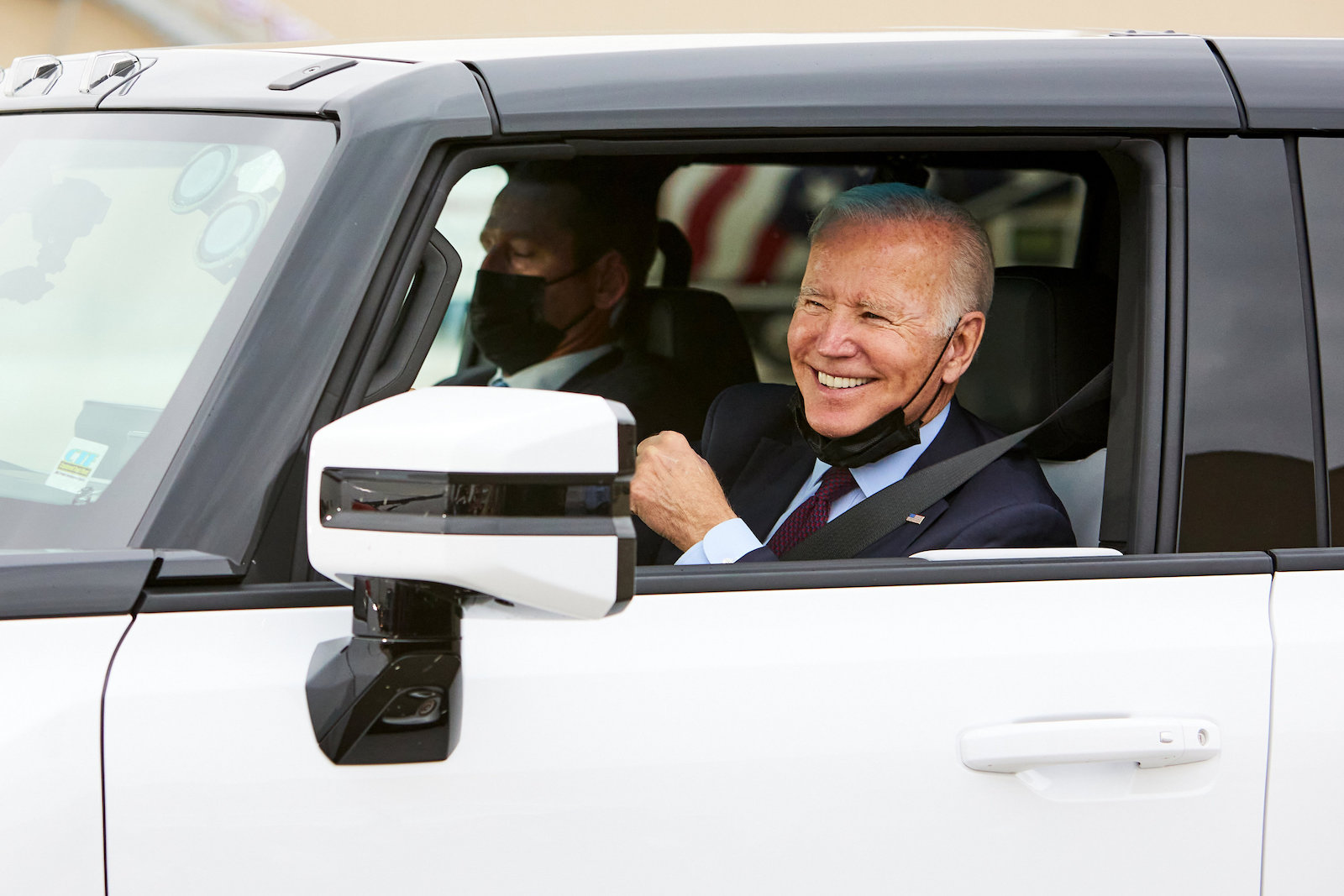
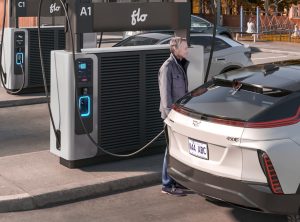
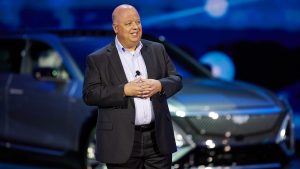

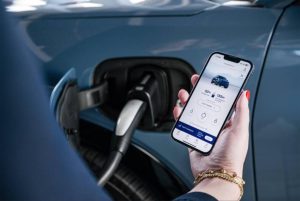

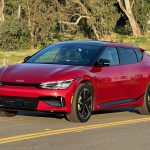
0 Comments